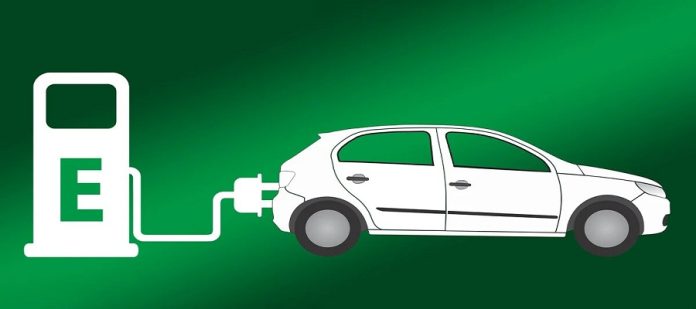With the aim of enticing renowned international automakers like Tesla to the upscale electric vehicle sector, the government is contemplating the implementation of a phased manufacturing plan (PMP) inspired scheme. This initiative would not only address the needs of the entire industry but also cultivate a self-sustaining environment within the nation.
Furthermore, the incentives within this sector, designed to satisfy both domestic consumption and establish a foundation for exports, aim to foster capacity growth in an emerging domain, all while safeguarding domestic entities like Tata Motors and Mahindra. These companies are making substantial investments in the electric vehicle arena, while concurrently, Japanese firms introduce hybrid vehicles on Indian roadways.

Conversations regarding a potential phased manufacturing plan (PMP) featuring a tiered tariff framework to enhance domestic production are in the preliminary stages. Insiders suggest that such an initiative could expedite the shift towards electric vehicles (EVs) and simultaneously harness the potential of a burgeoning sector. According to a high-ranking official, the envisioned PMP scheme would be impartial to specific companies and would instead address the collective demands of the industry.
Tesla is aiming to expand its reach beyond its significant presence in China. Following his meeting with Prime Minister Narendra Modi, Tesla’s CEO, Elon Musk, engaged in discussions with the commerce and industry minister, Piyush Goyal, indicating a positive outlook for India.
According to officials, Tesla has expressed its willingness to extend its complete ecosystem, encompassing suppliers, to the Indian market. The company is reported to already procure goods valued at approximately INR 12,000 crore from India. In the initial phases of talks, government representatives informed Tesla executives that the company could potentially enter the Indian market through avenues like the PMP or FAME (Faster Adoption & Manufacturing of Electric Vehicles) program.
First reported by TOI on July 13th, the company is exploring the establishment of a factory dedicated to producing vehicles priced approximately at INR 20 lakh, with a projected capacity of roughly five lakh units. In recent months, aside from Tesla, other prominent global players like BMW and Foxconn have expressed their interest.
Not long ago, members of BMW’s international team held discussions with officials from the heavy industries ministry. During this meeting, they advocated for a three-year period of duty-free electric vehicle imports, after which they plan to invest in a manufacturing facility. In the event that BMW’s investment plans do not materialize, the company’s representatives indicated their willingness to reimburse the duty benefits.
At the beginning of this month, the Chief Executive Officer of Mobility in Harmony, Foxconn’s electric vehicle platform, revealed that the Taiwanese firm, which is increasing its investments in the region, is actively considering the establishment of a hub, either in India or Thailand, to manufacture a compact three-seat vehicle. This vehicle is projected to be priced between USD 10,000 and USD 20,000 (equivalent to INR 8.5 lakh to INR 17 lakh).
The implementation of a phased manufacturing program would facilitate a gradual progression towards greater localization, while also offering incentives to stimulate investment.








